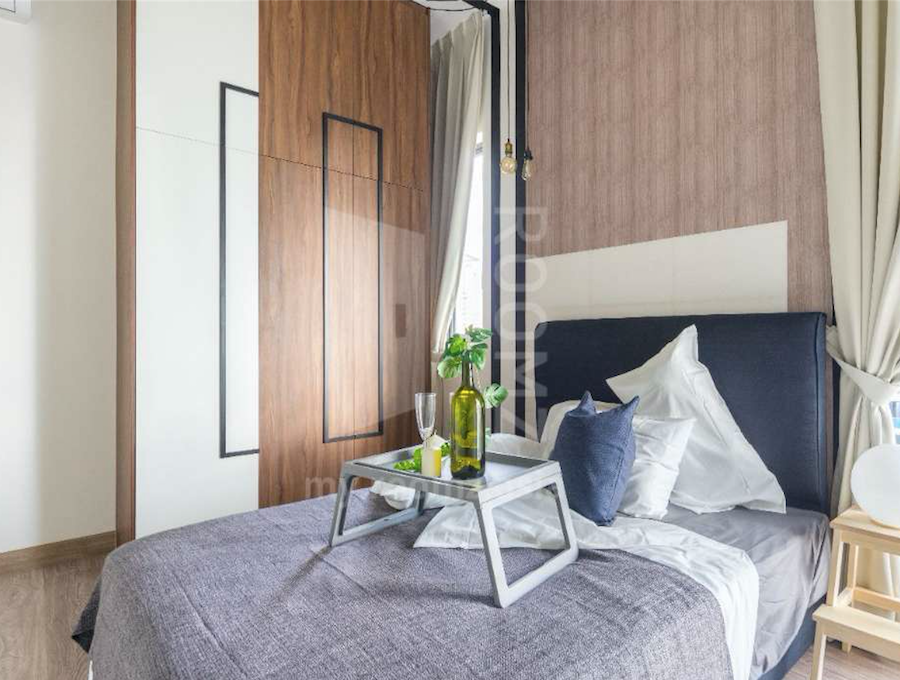A buzz word in in the world of tech, smart home systems bring with them a world of possibilities.
Alongside the Internet of Things, advances in technology put the prospect of owning a residential unit with features straight out of an Iron Man movie in the hands of regular folks.
From being able to control lights and electrical appliances with a flick of the wrist to monitoring house conditions through voice recognition, here are just some of the most promising abilities that Smart Home technology is set to enable in 2018.
Voice assistants
Voice recognition technology took center stage quite a while back when Apple’s Siri, Microsoft’s Cortana and Google Assistant entered the scene but it was only when Amazon introduced its very own Echo smart speaker voice assistant named Alexa in 2014 that the worlds of smart home technology and voice assistants truly merged.
This year, it seems that almost every smart home device in the market is announcing various integrations with leading voice assistant platforms.
Third party companies are rushing to contribute to the craze by building voice assistants directly into devices.
Examples include the LG Instaview Smart Door-In-Door Refrigerator (ask your fridge to play music on Spotify) and Lenovo Smart Display, a smart voice assistant with a screen like the Amazon Echo.
Developments are also in place for even more compatibility with voice assistants, enabling people to use one assistant as a smart hub to control all their home systems and devices.
Air and water monitoring
One of the core aspects of smart home technology has always been the ability to control the electronic assets you own or devices around you. What if you could control the air and water particles around your home as well?
Smoke detectors may detect carbon monoxide levels and function as a warning beacon to help you avoid danger but Airthings is taking it up a notch.
The technology company has recently introduced a new smart indoor air quality monitor that monitors carbon dioxide, volatile organic compounds and radon. It then alerts you when these levels exceed safety standards.
DIY smart home security
Arguably one of the most widely discussed smart home aspects is that of security. Also considered one of the fastest growing smart home segments, the effort to keep your smart home safe has produced security cameras, locks, doorbells, sensors, robots and other gadgets.
Home security is projected to be a $47 billion market globally by 2020 with products that have grown far more complex than an average deadbolt.
The demand for superior security has unleashed affordable, user-friendly and highly customizable products into the market.
Controlling devices through voice assistants can make things like locking doors and checking video footage easier. Companies like RCA (which introduced a smart doorbell camera) are maintaining an edge at the forefront of smart security effectiveness and some companies are even looking at the integration of car security devices with home security systems in order to monitor your car’s safety from the comfort of your own home.
Roomz has entered the sharing economy with a mission to bring renters the best value in the best environment with fully furnished room for rent managed by Roomz. Along with unique themes and concepts for renters, Roomz also assists property owners that are looking to make full use of their spaces. Follow our blog and find out how Roomz is disrupting the property rental industry.




